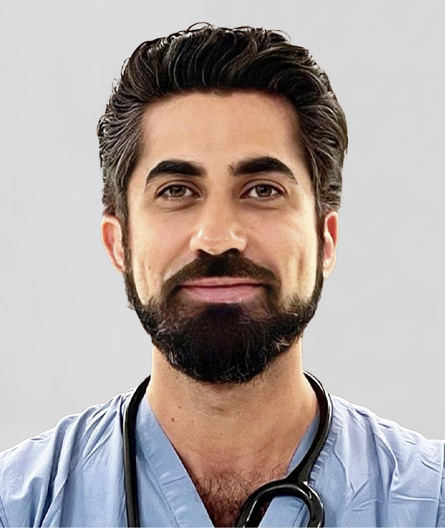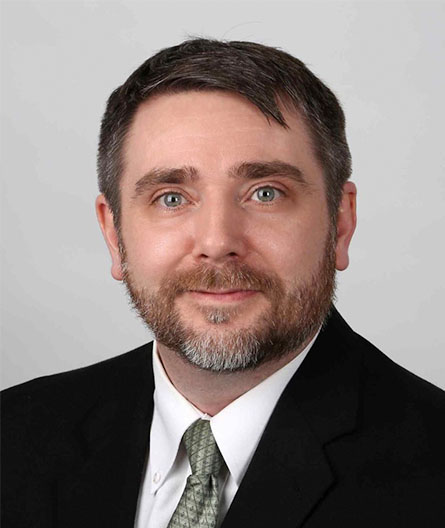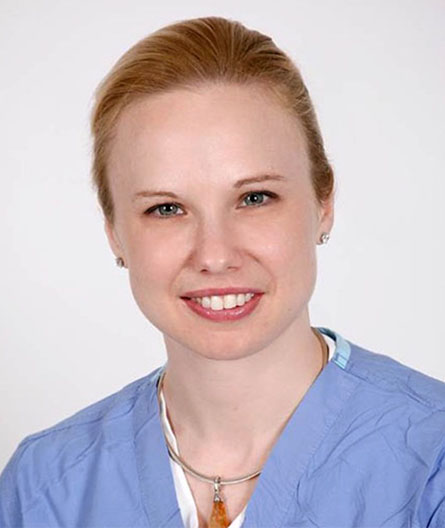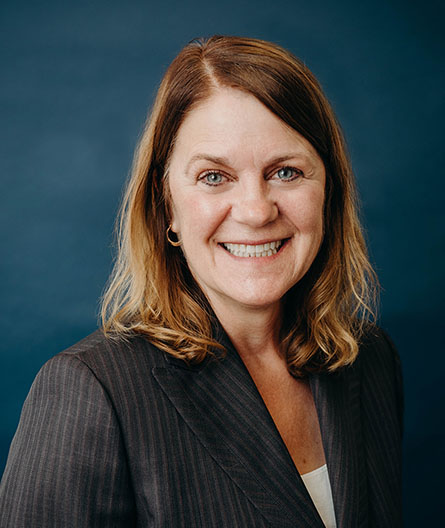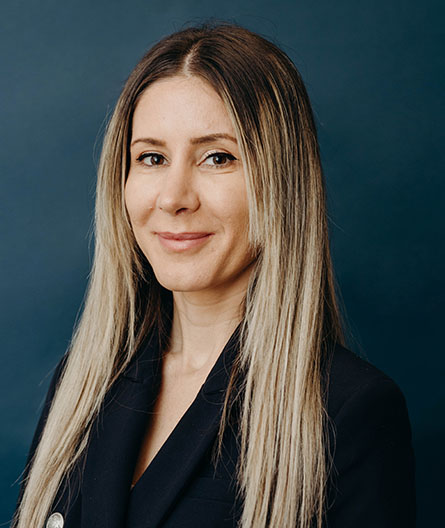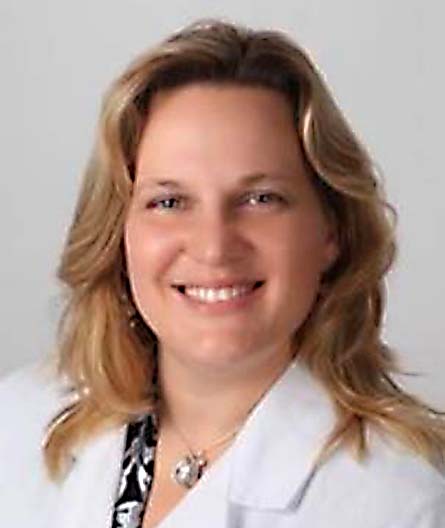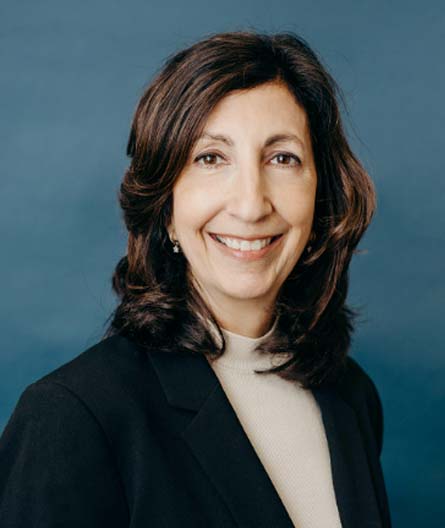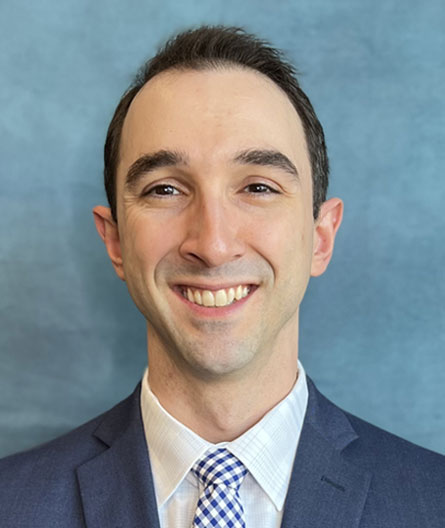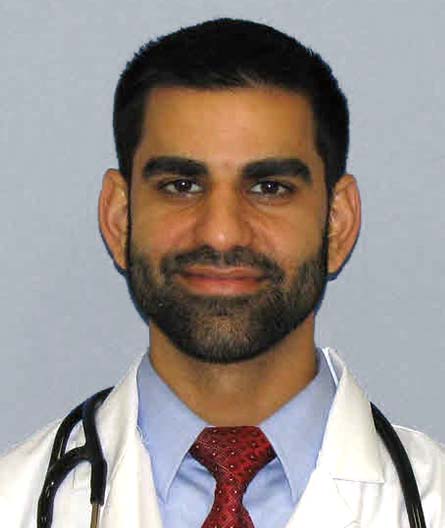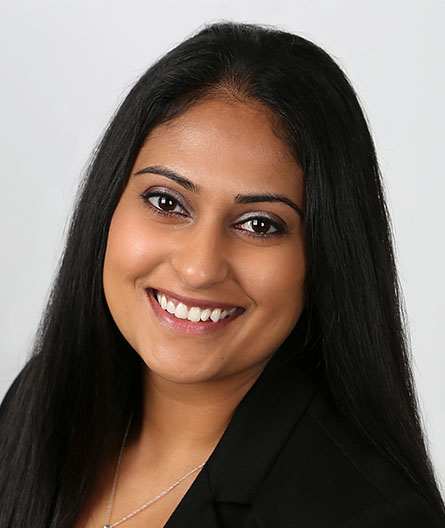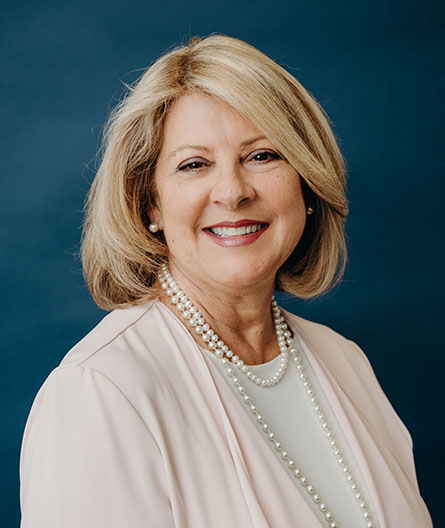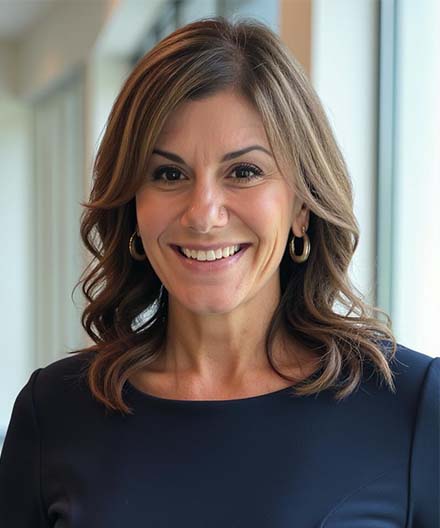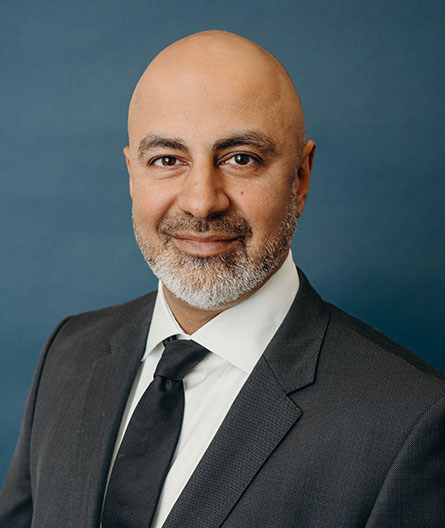
What to Expect as a Patient
Anesthesiology is just one aspect of your medical procedure – but it’s very important for your comfort and safety. With Great Lakes, our experienced team is here to guide you through the entire process – from providing easy-to-follow pre-surgery instructions to making sure you recover properly.
Below, you’ll find patient information and resources. If you have any additional questions, please don’t hesitate to contact us.
Insurance we accept
As of January 1, 2022, Great Lakes Anesthesiology is happy to accept health insurance plans from the following providers.
Aetna Health
AmeriHealth Health Plan
AmeriGroup
Excellus
Highmark of Western New York (formerly BlueCross BlueShield of WNY)
Highmark of Pennsylvania
Independent Health
Univera Health Care
WellCare
New York Medicaid
Pennsylvania Medicaid
Worker’s Compensation and No-Fault
Medicare
Nova
Fidelis
Tricare
Coventry
The Empire Plan
Meritain Health
Where we practice.
Great Lakes manages the anesthesia department at several healthcare facilities in Western New York and northern Pennsylvania. Visit our Locations page for information and directions.
Frequently asked questions.
What food and drink should I avoid before my surgery?
NPO stands for Nil Per Os, which is Latin for ‘Nothing By Mouth.’ Fasting before elective surgery is essential for your safety. Under general anesthesia, your body loses the protective reflexes that prevent your stomach contents from being breathed into your lungs. This is called aspiration, which can be life-threatening.
An empty stomach is the best way to prevent aspiration. If you eat food or drink beverages before your surgery, the procedure will be delayed or canceled in order to protect you.
What medications should I take before the surgery?
Your surgeon or anesthesiologist will give you specific instructions on what medications to take and what should be stopped. You may take most medications with a small sip of water before surgery.
Common drugs that should be taken on the day of surgery include:
- Beta-blockers (Inderal, atenolol, propranolol, etc.)
- Thyroid medications (levothyroxine)
- Seizure medications (Dilantin, valproic acid, Tegretol, Topamax, etc.)
- Asthma medications, including inhalers (albuterol, etc.)
Drugs that should be stopped before the day of surgery include:
- Blood thinners (aspirin, heparin, Lovenox, Warfarin, coumadin, etc.)
- ACE inhibitors for hypertension (Captopril, Enalapril, Losartan, etc.)
Some children can only take their medication with food. In that case, please contact our office for specific instructions before the day of surgery. Taking medication with food on the morning of surgery might cause the procedure to be delayed or canceled.
If you have any questions about drugs you should take before your surgery, please contact your surgeon or your anesthesia team at our office.
What is an anesthesiologist, and what training do they go through?
Your anesthesiologist is a doctor. After medical school, they completed a one-year internship and a residency of at least three more years in the specialty of anesthesia. In addition, they may have done even more specialized training in pediatric anesthesia, pain medicine, cardiac anesthesia, or other subspecialties. In total, your anesthesiologist has spent more than eight years since starting medical school preparing for your operation, in addition to many years of experience.
Who will be watching over me during my operation?
Our anesthesiologists most often practice in the Anesthesia Care Team model. The team includes anesthesia residents (doctors in anesthesia training) and fellows (anesthesia doctors who are obtaining advanced subspecialty training) as well as skilled certified registered nurse anesthetists (CRNAs). In order to provide safe patient care, the anesthesiologist directs the Anesthesia Care Team. The anesthesiologist is responsible for evaluating the patient before surgery, prescribing the anesthetic plan, managing the anesthetic during surgery, and providing post-anesthesia care.
What If I have questions before my procedure?
You will meet your anesthesia team on the day of surgery. We will ask you many questions about your health and anesthesia experiences to plan the best anesthetic for you. For most patients, all of their concerns are addressed at that time. Some patients have special medical issues and may be referred by their surgeon to our office for a preoperative consultation. Many patients will also be sent to their primary care doctor to get a complete and up-to-date picture of their health problems. If you have specific questions or concerns, we would happily speak with you by telephone. Usually, that will save you a special trip to our office.
What if I get a surprise or out-of-network balance bill after my surgery?
When you get emergency care or are treated by an out-of-network provider at an in-network hospital or ambulatory surgical center, you are protected from balance billing, also called surprise billing. In these cases, you shouldn’t be charged more than your plan’s copayments, coinsurance, or deductible.
You’re never required to give up your protection from balance billing. Generally, your health plan must:
- Cover emergency services without requiring you to get approval for services in advance (also known as “prior authorization”)
- Cover emergency services by out-of-network providers
- Base what you owe the provider or facility (cost-sharing) on what it would pay an in-network provider or facility, and show that amount in your explanation of benefits
- Count any amount you pay for emergency services or out-of-network services toward your in-network deductible and out-of-pocket limit
If you think you’ve been wrongly billed, contact, please call 1-800-985-3059.
What should I know about my GLP-1 medications if I am preparing to have surgery or undergo anesthesia?
There are several considerations individuals taking GLP-1 medications should consider before surgery:
GLP-1 Agonists: These are medications used primarily for diabetes and weight loss. They work by increasing a hormone called GLP-1 in the body, which helps control blood sugar levels and can lead to weight loss.
Concerns for Anesthesia: Anesthesiologists are worried about these medications because they can slow down the emptying of the stomach. This means that during surgery, there’s a higher risk of food or liquid from the stomach coming up and getting into the lungs, which can be dangerous.
Recommendations for Surgery: If you’re taking GLP-1 agonists and need surgery, the American Society of Anesthesiologists suggests skipping one dose of the medication before the procedure. However, this alone might not be enough to reduce the risk, so other precautions might be needed.
Gastric Ultrasound: Before surgery, a special ultrasound of the stomach can help doctors see if there’s any food or liquid present, which can help them plan the surgery more safely.
Airway Protection: For surgeries that require deep sedation or general anesthesia, it’s recommended to use a method called rapid sequence induction to secure the airway and reduce the risk of complications.
Timing of Surgery: If possible, it might be safer to delay elective surgery until you’ve been on the GLP-1 medication for more than 3 months, as the risk of delayed stomach emptying decreases over time.
If you’re taking GLP-1 agonists for diabetes or weight loss, it’s important to communicate this to your healthcare team before any surgery, as special precautions may be needed to ensure your safety. Read more from GLA’s Dr. Jerrold Lerman here.
What are the post-pandemic COVID-19 guidelines for pediatric surgical patients?
Current evidence indicates that the morbidity from COVID-19 in 2022/23 has diminished with fewer hospital admissions, fewer ICU admissions, and a reduced mortality rate compared with the first wave of COVID-19. Given this trend and the fact that COVID-19 is primarily a virus infecting the respiratory system, the American Society of Anesthesiologists, the Anesthesia Patient Safety Foundations, the Royal Australasian College of Surgeons, the Australia and New Zealand College of Anaesthetists, the Royal College of Surgeons of England, and the Royal College of Anaesthetists have recommended the following guidelines for children with a COVID-19 positive test result:
With a positive test for COVID-19 and mild or no symptoms, elective surgery should be deferred for 2 weeks. If the surgery or patient’s comorbidities increase the risk if the surgery were delayed, then consideration should be given to proceeding and informing the parents of the increased risks.
With a positive test for COVID-19 and moderate to severe symptoms or ongoing COVID-19 symptoms, elective surgery should be delayed for 7 weeks or more, although one study recommended a 4-week delay with no further benefits accrued from delays beyond 4 weeks.
Children with ongoing respiratory symptoms and a high fever preoperatively are at greater risk for oxygen desaturation in PACU and as such surgery should be delayed to mitigate those risks.
If the delay increases either the risks to the child and/or compromises the surgery, consideration should be given to proceeding after the surgeon, anesthesiology provider and parents discussed the risk/benefits of proceeding.
The definitions for the clinical severity of COVID-19 are*:
- Asymptomatic: PosiMve SARS-CoV-2 test with no symptoms
- Mild: Slight COVID-19 symptoms without shortness of breath
- Moderate: Evidence of lower respiratory disease (e.g. shortness of breath) during clinical or imaging assessment; peripheral blood oxygen saturation (SpO2) ≥94% on room air
- Severe: Signs and symptoms of severe lower respiratory disease necessitating hospitalization; usually oxygen therapy and SpO2 ≤94% on room air
- Long COVID: Signs and symptoms that:
- Continue or develop usually 3 months from the onset of COVID-19 infection
- Lasts >2 months
- Cannot be explained by an alternative diagnosis
*NSW Agency for Clinical InnovaMon. Timing of surgery after COVID-19 in adults. Sydney: ACI; 2023
Read more about COVID-19 considerations for pediatric surgical patients from GLA’s Dr. Jerrold Lerman here.
Billing information.
Anesthesia services are billed separately from surgery and hospital charges. The estimated amount of your bill for anesthesia services is available upon request by contacting our office.
Actual anesthesia charges may exceed the estimated bill for many reasons, such as surgery taking longer than expected, the surgery ending up more extensive than initially planned, or the need for treatments that were not anticipated. We strongly encourage you to contact our office before elective surgery to discuss the billing process, patient responsibility, and situations with non-participating or out-of-network insurance.
If you have questions or concerns about a bill, please call the Great Lakes Anesthesiology billing office at (716) 323-6580. We are available Monday through Friday, 8:00 a.m to 4:00 p.m.
Have a question?
To learn more about what Great Lakes has to offer, fill out the short form below or call our administrative office at 716.323.6570. We look forward to talking with you.


